Researchers from the University of Maryland explored whether the use of virtual spaces, through VR headsets, allows better recall of information than when using a computer screen.
Photo: bigstock.com
One study states that people remember much more information on virtual environments than on computer screens. This finding could boost the development of educational content in virtual reality (VR).
Remembering celebrity faces
Researchers from the University of Maryland explored whether the use of virtual spaces, through VR headsets, allows better recall of information than when using a desktop computer screen.
To accomplish this investigation, 40 volunteers were asked to memorize faces of celebrities such as Harry Potter, Napoleon or Bill Gates; users studied images shown on grids in both virtual spaces and on computer screens. Afterward, participants tried to remember the location of each face. Which medium was more effective?
VR favors memory
The average memory performance of the participants was 8.8% higher in virtual environments than in desktop screens.
data-animation-override>
“Humans have always used visual-based methods to help them remember information, whether it’s cave drawings, clay tablets, printed text and images, or video… We wanted to see if virtual reality might be the next logical step in this progression.”
The study’s specialists suggest that the role of virtual memory palaces —immersive virtual environments— can help improve information retention. They claim that VR offers a vision that helps to organize and structure large amounts of information in easy navigation environments.
Virtual contexts could serve as a valuable tool for several facets of retrospective knowledge, including retention and recall.
While the effectiveness of VR content and the impact of using these devices must be further investigated, it is necessary to highlight the potential that it can have as a support tool in the educational experience.
If you would like to know more about virtual reality and augmented reality, we invite you to download the Edu Trends report developed by the Observatory.
This article from Observatory of the Institute for the Future of Education may be shared under the terms of the license CC BY-NC-SA 4.0 
)
)
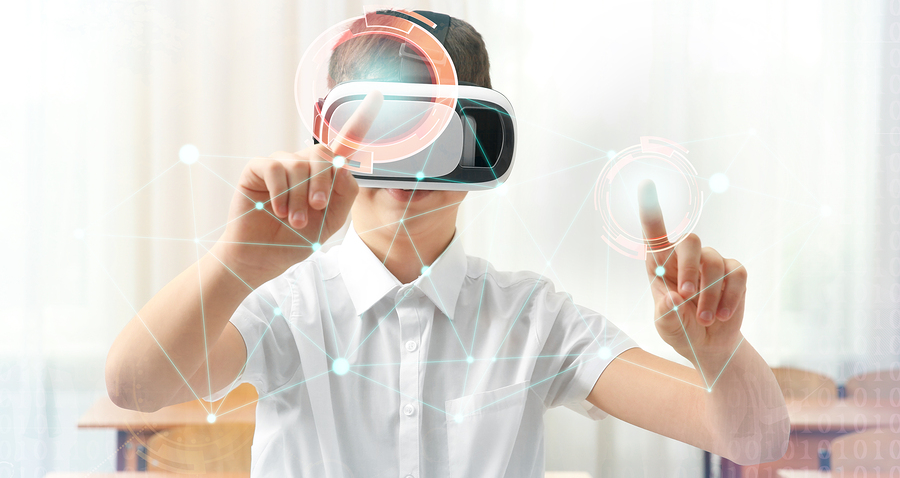
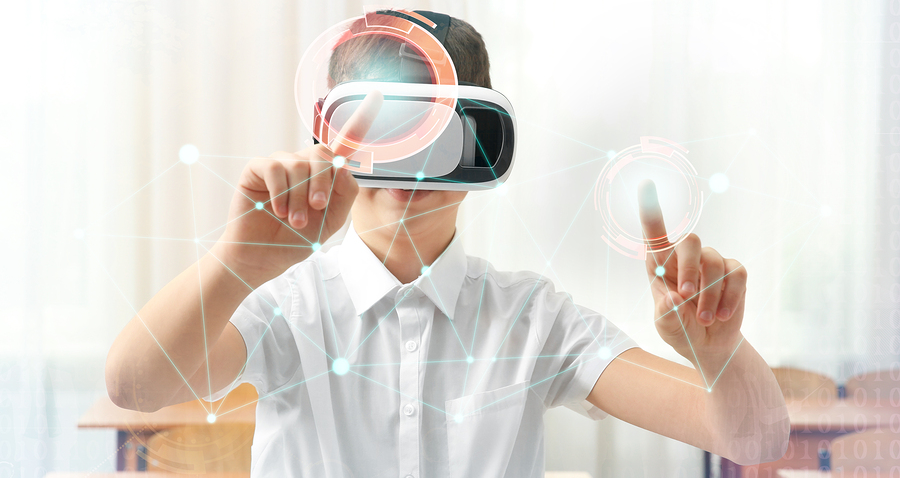

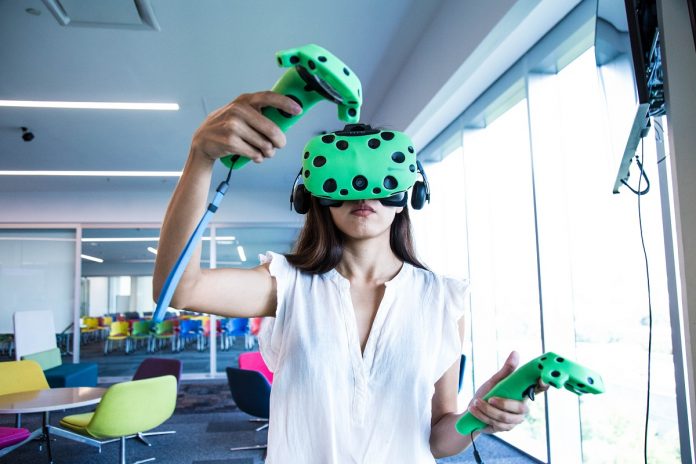
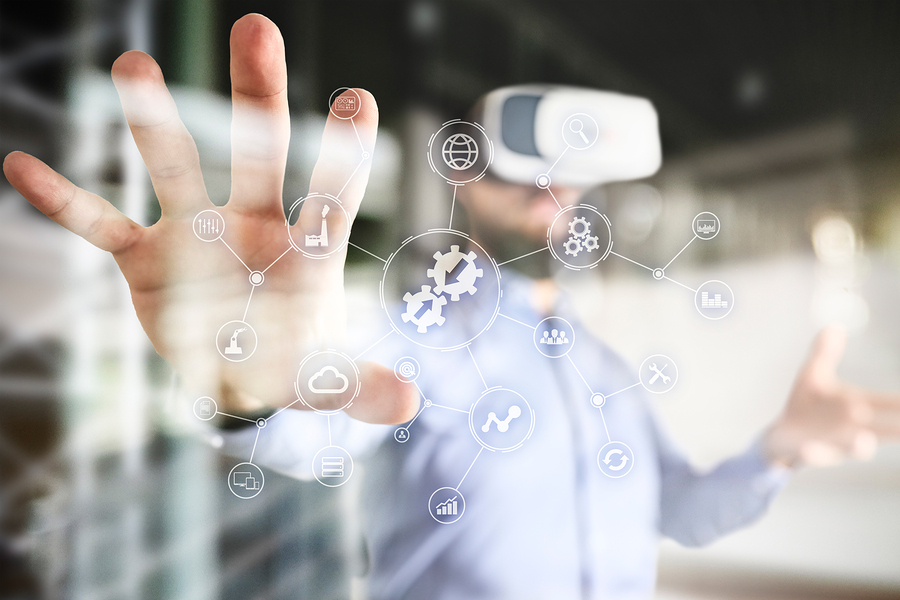
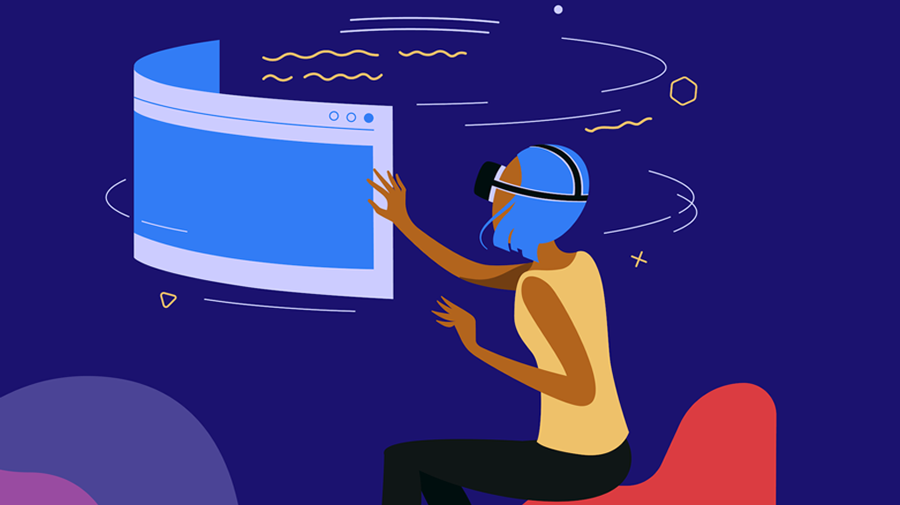
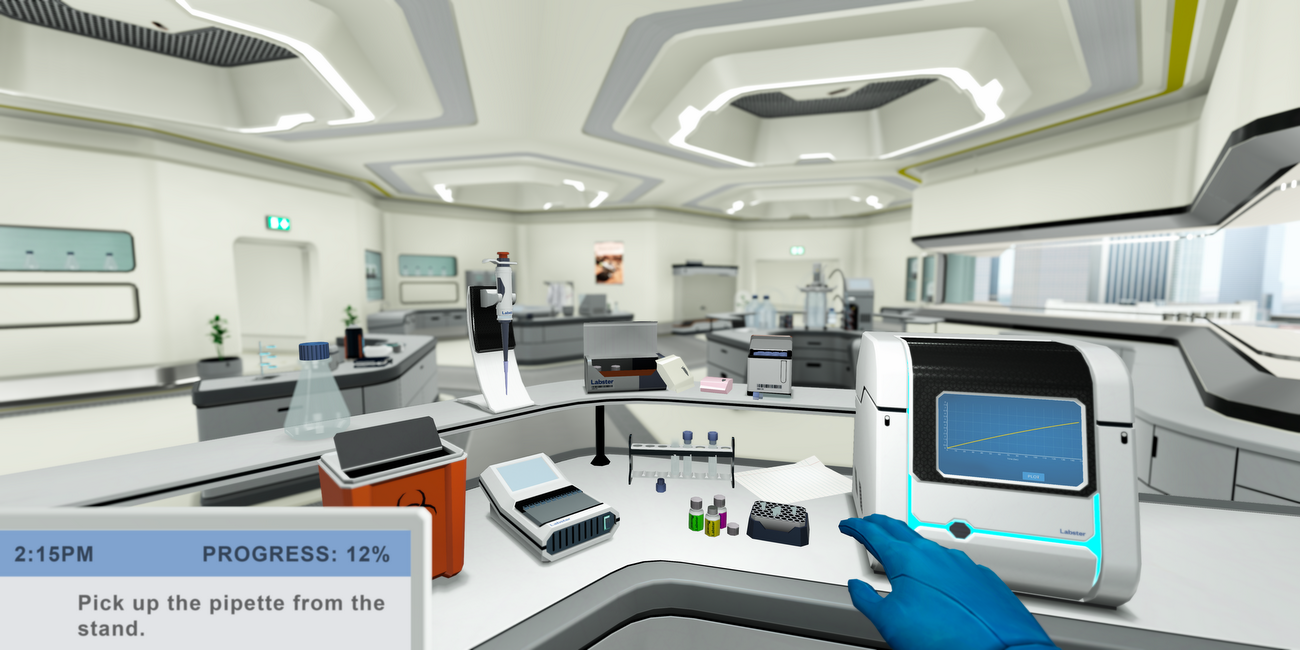
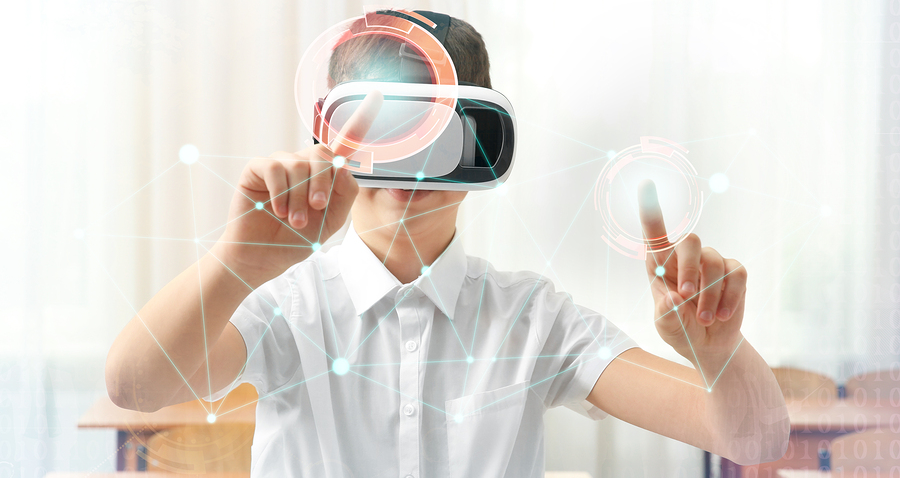
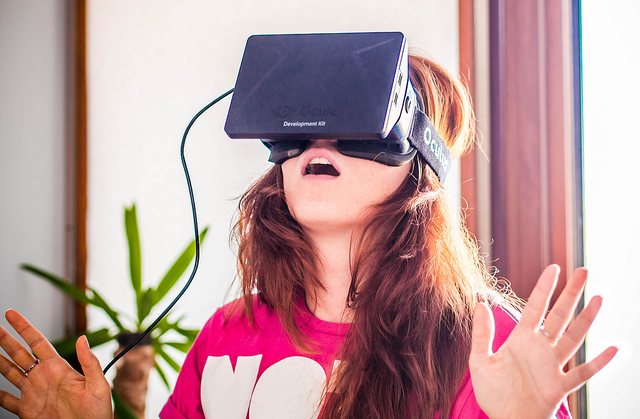
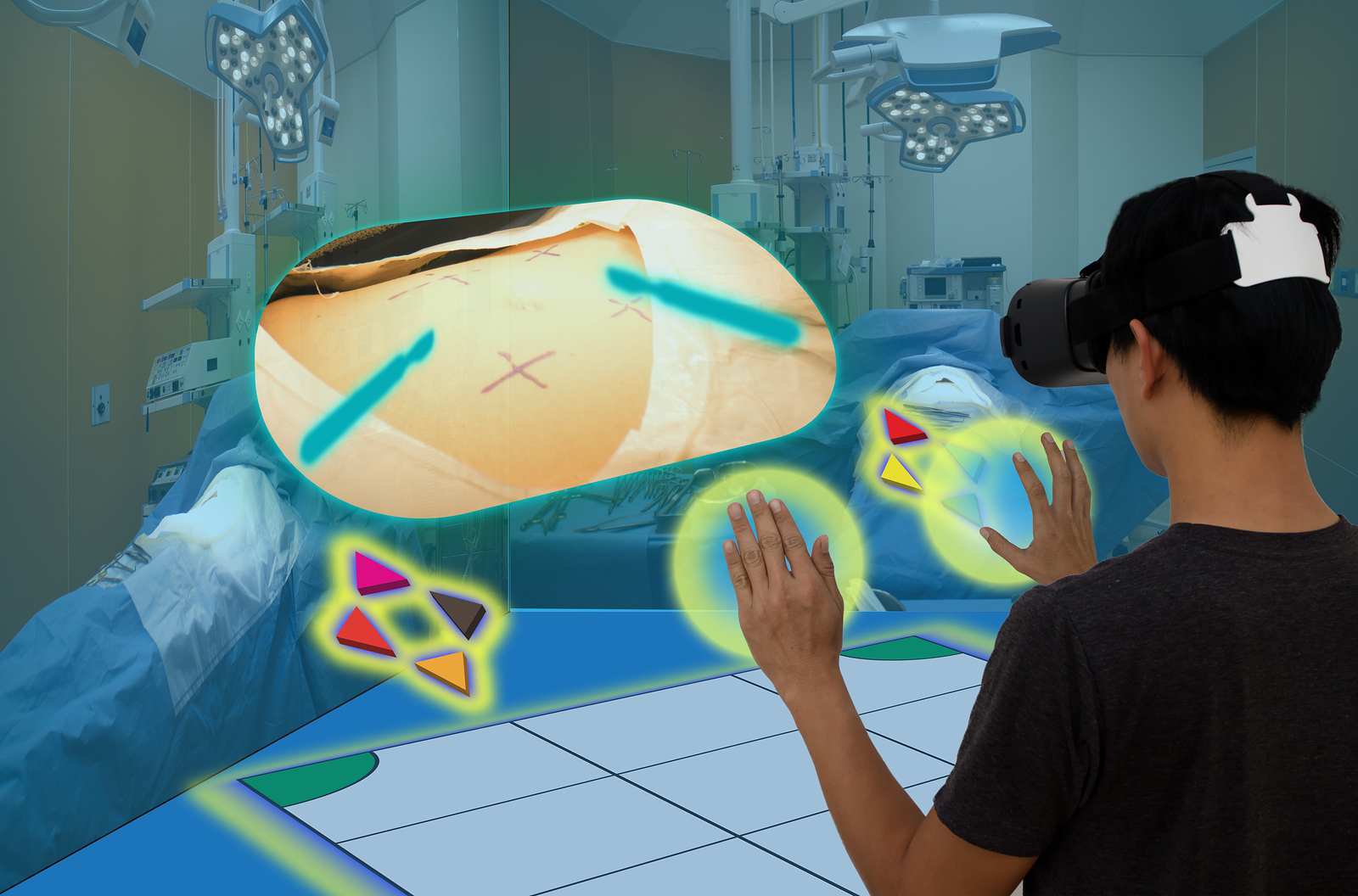

)
Sofía García-Bullé
Sofía García-Bullé
Sofía García-Bullé